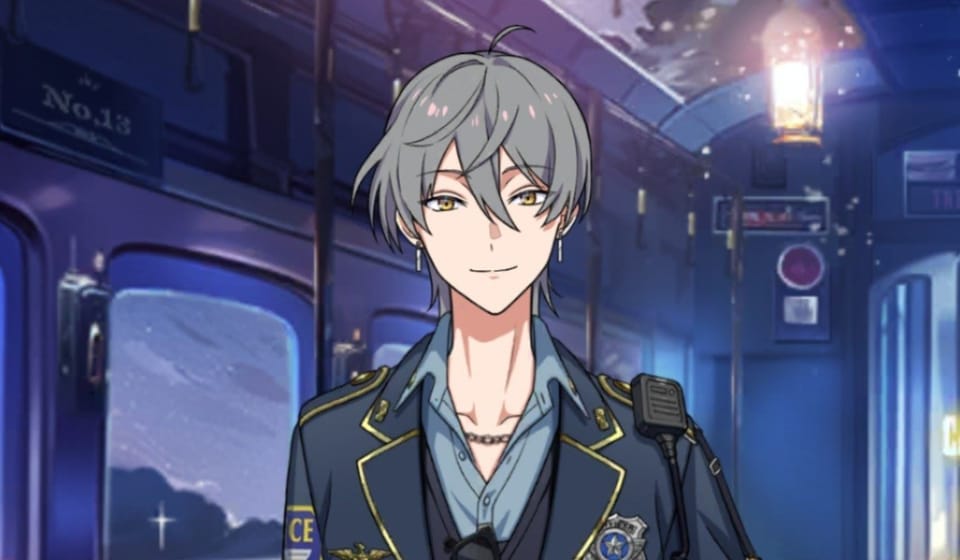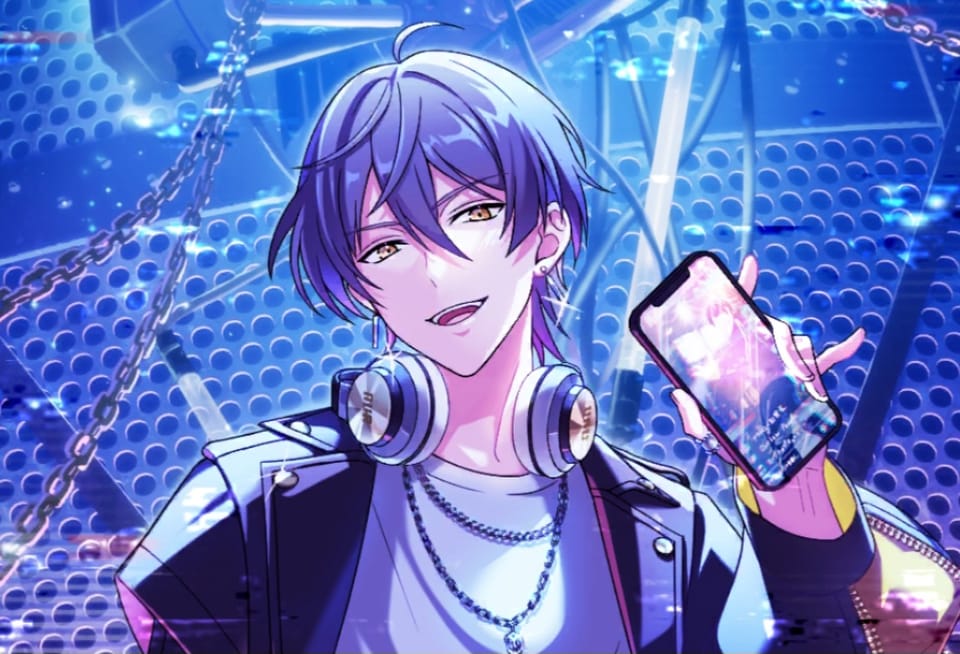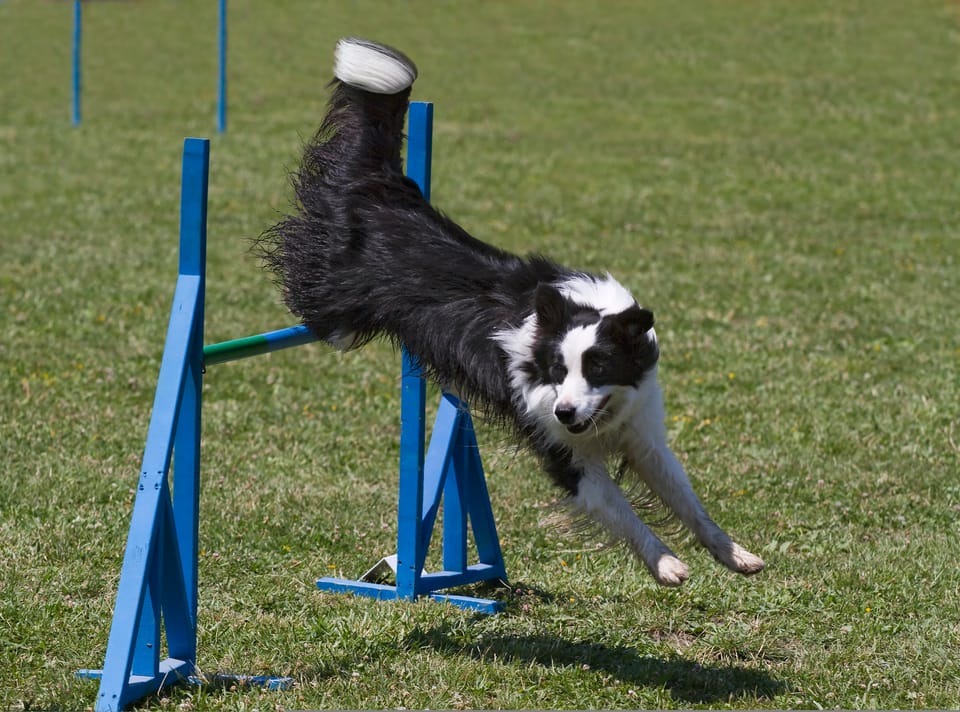Is It True That No Story Ideas Are New Anymore?
A novel perspective on a not-so-novel belief

So many people say that all ideas have been done before. Nothing is original.
But is this really true?
Maybe it’s about how abstract or specific the “originality” needs to be for you. “Treasure what you have” is not an original idea. But “After my boyfriend almost died from a car crash, our living distance and our little squabbles didn’t matter so much anymore. We still love each other, and we’re so lucky to be alive!” is a novel idea.
The story is from Francesca Dallaglio’s memoir, though this quote is my summary of the story, not a quote from the text itself. Francesca’s idea is unique because this is about a specific experience that not many people have.
And I don’t know about you, but I was awestruck at the thought that it didn’t matter that you live far away and can only meet up once a week. I had always believed that unless you were one of the lucky few, long-distance relationships were doomed to fail. But the author just uprooted my long-held belief.
To be fair, “long-distance relationships can succeed” is not a new idea. But it is certainly a view that goes against conventional wisdom.
So does that mean a “new idea” could simply be an unconventional one? In other words, maybe we don’t need to reinvent the wheel. We just need to go against the norm.
I will go through a number of stories to illustrate my point that novelty is a complex concept. What counts as “new” to you depends on your perspective, experience, context, and the level of abstraction vs detail you are looking for.
Novelty in Diversity
Sometimes, we’re familiar with the story trope or plot, but the demographics of the characters are different.
Once, I told an experienced writer about my story premise: A trans guy and cis guy are physically attracted to each other and start to sleep together. Later, their feelings deepen and they fall in love.
This writer marveled at my story idea and thought it was very creative.
Wow, but this is one of the most conventional storylines in romance: the lust-to-love plot. The only difference is that one of the MCs is trans and they are a gay couple, so they have to deal with transphobia and homophobia as well.
In fact, I have written stories where almost everyone in the main cast was LGBTQ+. Some friends, especially cishet friends, thought that my story was new and exciting.
Yet, this is just a cast with many gender and sexual minorities. Not that it isn’t important to have more representation of us queer and trans folks, but I wouldn’t have thought that diversity alone would make a story fresh and original.
Such a compliment, though well-intentioned, implies that it’s “normal” to have a completely cishet cast, and therefore a cast where almost everyone is LGBTQ+ is out of the norm and hence special and different. Hmm….
I myself am not immune to this bias, however, for all my big talk. Lately, I read a wonderful series called The Sidekick Squad by C.B. Lee. The author is a bisexual Vietnamese-Chinese woman. The story is in a futuristic, sci-fi setting with superheroes and supervillains.
The story was compelling in itself, but I have to confess that even I was awed and cheered up by the sheer diversity of the main cast: a bisexual Asian girl and her girlfriend, a brown girl on the asexual and aromantic spectra, and a black trans guy who is on the ace spectrum.
I can already hear critics saying that the author is “pandering” to minorities, despite the fact that she herself has multiple minority identities. Plus, people like us really do exist, whether mainstream audiences like it or not.
But if we push these bigoted voices aside, I have to wonder at my own feeling of novelty when I see so many queer, trans, and POC characters.
When a plot is not 100% new, but the reader feels that it is new, because they personally have never— or have rarely — seen so many POC and LGBTQ+ characters in a science-fiction and action-adventure setting, then who are we to take away this sense of novelty from this reader?
For a more lighthearted example, I wrote some Pokemon fanfic. Gengar, a purple spiky ghost pokemon, is typically seen as male, even though they are technically 50:50 in their gender distribution.
I even Googled female Gengar and girl Gengar, and the only results I could find where people specifically talked about female Gengar, were in the breeding context…Um.
Well, that wasn’t promising. So I wrote a story where the main cast was a group of Gengar, some female, some male. (This was before I learned about nonbinary identities, otherwise, there would be nonbinary Gengar as well.)
But it’s funky that you can add a bit of novelty just by having an unexpected gender for a species.
“You don’t need to be the very best. You just need to beat your competition.”
Have you heard of this adage? My dad often told me this. You don’t need to be the perfect student. You just need to do better than your peers. Of course, there is a ruthlessness and heartlessness to this philosophy that I don’t like. But let’s talk about friendly competition.
A while ago, I saw Linda Caroll share a contest from Vocal Media. In the Fantasy Prologue challenge, you write the first chapter of a novel beginning with the sentence: “There weren’t always dragons in the Valley.”
I was too busy at the time to make the deadline, but I still wrote the prompt later for fun. In fact, I loved the characters in my story so much, that I’ve turned it into a fiction series, Anastasia the Nonbinary Dragon.
For Vocal contests, the judges value originality. Of course, I was curious about the winning entries. The first-place winner set their story in a sci-fi, futuristic world, where Editors can program creatures and objects made of pixels to inhabit the real world. One day, they use pixels to build a fearsome dragon that may or may not destroy the world.
Wow, that is original, isn’t it? I enjoyed reading that entry and was struck by how unexpected the story was. Since the prompt was about dragons and it was called a “fantasy” prologue, most of us would write in a fantasy, maybe even high fantasy setting.
Some readers grumbled that since this is sci-fi, it’s against the rules. Yet, if you interpret “fantasy” as having story elements that are outside of our world, then sci-fi is a subset of fantasy.
Despite my admiration for this entry, however, I saw a reader say that they had seen something similar in Star Trek before, though they still liked this story.
While I have never seen a pixellated dragon in books, I do remember the movie Pixels, where pixellated creatures and objects were created and placed on earth. Pixels was specifically for classic video game characters, but yes, this isn’t an entirely new sci-fi trope.
But does it matter that it’s not “entirely new”? The winning entry still feels like a breath of fresh air, giving us a sense of awe and wonder. It’s very far from what most of us would imagine from the sentence “There weren’t always dragons in the Valley.”
So originality could be about knocking down our expectations. This story has also stood out among their competition. I have not had time to read through every entry yet, but for the ones I did read, they were in traditional fantasy genres, such as high fantasy, urban fantasy, paranormal, and the like. I hadn’t come across another one in a sci-fi setting.
Same Tropes But Different Stories
It bothers me when people say that a story is “ripping off the Lord of the Rings,” when what they really mean, is that the story has elves, dwarves, and dragons in a high fantasy setting, often in the Medieval era.
But does having the above story elements mean they are copying Tolkien? As far as I know, Tolkien didn’t invent dragons, dwarves, or elves. I’m sure he isn’t the first to have all three species in a high-fantasy setting, either.
I am a proud Tolkien fan, by the way, so this is not a criticism of him or his work. I’m just saying that people seem to cry “copycat!” when another story is similar on a surface level.
I’m pretty sure that most of us love Tolkien not merely because of the fantasy species, the detailed settings, or even the invented languages.
As much as I respect the lengths to which Tolkien went to build entire linguistic systems, he is also not the first to invent fictional languages.
Similar to the Tolkien example, I see some people cry “Harry Potter rip-off”!” when they see stories about kids born with magic powers going to magic school, while scorning mortals who were not born with such powers. If the villain is a charismatic sociopath who recruits an inner circle of magic users, readers would be quick to say Voldemort and his Death Eaters.
Look, even I have seen that similarity in The Mortal Instruments by Cassandra Clare of the Shadowhunters universe. At the time, even though I thoroughly enjoyed The Mortal Instruments, the resemblance to Harry Potter troubled me. However, when I saw a writer accuse Cassandra Clare of writing a Harry Potter knock-off, I finally thought more deeply about this issue.
Yes, The Mortal Instruments had those plot tropes I described above, with the magic school, the prejudice against “mundane” folks with no powers, and even the charming sociopathic leader with his sorcerer following. But does that mean it is the same as Harry Potter? Are there no substantial differences between the two fandoms, that you couldn’t fall in love with the Shadowhunters even if you have read all of the Harry Potter books?
My answer is that I do feel they are profoundly different, despite their surface similarities.
I feel like people who think Cassandra Clare is a copycat, have simply not been paying attention. They are so caught up in the superficial commonalities, that they can’t see how different her characters, plots, and even themes are from HP.
Not to mention that The Shadowhunters is a Young Adult book while Harry Potter is Middle Grade. The romances are more mature and complex, even grittier, in The Shadowhunters than in Harry Potter. Neither style is better or worse. They are just different.
Click here for Part 2 of this series on whether there are truly no new ideas under the sun.
Do you love stories about writing, creativity, psychology, and LGBTQ+ topics? Then consider subscribing to my newsletter here!
Originally published on QuickTalk on Aug 5, 2022



